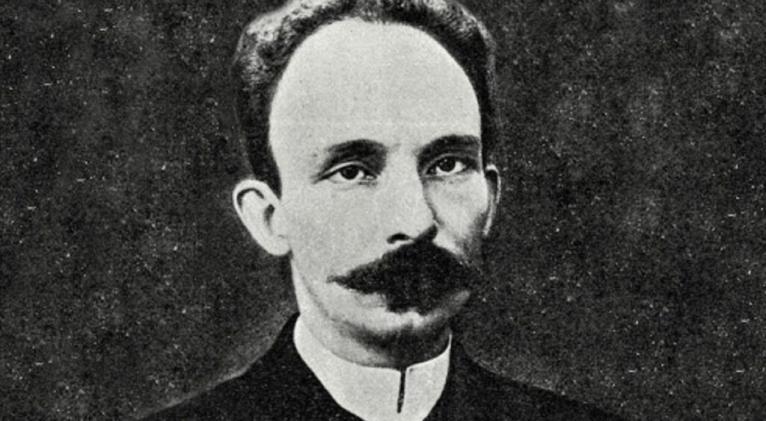EDITORIAL: The Paths of Martí
especiales

Time and time again it has been affirmed that the Cuban Revolution is only one: the one Carlos Manuel de Céspedes began on October 10th, 1868 and triumphed, as the making of the deed of an entire people, on January 1st, 1959, under the leadership of Fidel Castro.
But this entire process has had an essential figure, who has manifested the essential values of a nation in an intellectual and practical exercise: José Martí. No wonder is he recognized as the Apostle of Independence, National Hero, the most universal of Cubans.
In Martí, in his crucial performance, in his pre-clear thinking, the essential project of a Republic with everyone and for everyone is combined, which would honor above all the full dignity of citizens.
Martí is the great ideologist of the Cuban Revolution.
And the Revolution, and the society which he desires, for which he works, have to be decidedly Martian, assuming that legacy dialectically.
It’s a mistake of concept to try to apply to the problems of today the answers that José Martí proposed more than a century ago to the challenges of his time.
Assuming Martí's thought as an unique formula can be reductionist. In Martí, more than schemes, you have to look for keys. And it’s necessary to grasp the ethical calling that spurred his fight for the sovereignty of his homeland.
171 years after his birth, in José Martí you can preview paths. He urges that this legacy be brought into dialogue with the challenges of today. It’s a collective effort. The endeavor of a nation.
Translated by Amilkal Labañino / CubaSí Translation Staff














Add new comment